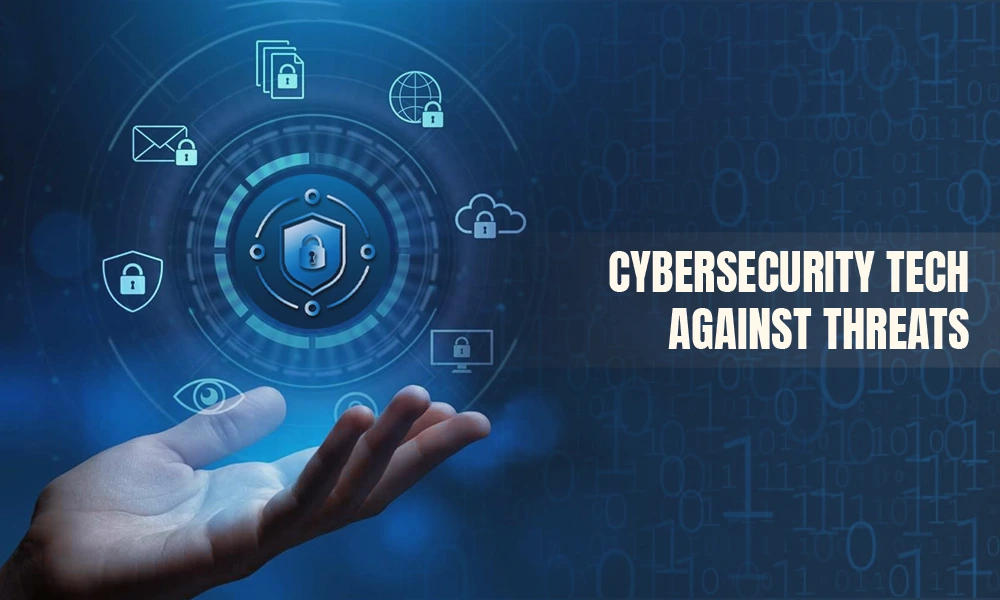Internet Safety: What dangers can Students Face?

Find out what are the dangers and risks that come with the use of the internet, so you can peacefully use and enjoy your social media, online browsing, and the whole internet access.
Students, especially those in college, use technology for their everyday activities such as relaxing, doing their homework, learning new things, and keeping in touch with their friends. Although while doing all of that, many of them often overlook all the internet dangers they may encounter.
Nowadays, the internet is accessible to all of us anywhere and everywhere. Since students are online so much without supervision, they need to know what content is acceptable and what is not independently. And to achieve that, teachers even try to implement internet safety in their education. They constantly assign their students to write essays or read examples about this topic from sites like EduBirdie in their classes. And of course, they have lessons that provide the students with everything they need to know to behave respectfully and avoid online risks.
In this article, we’ve put together everything you need to know about it, all the risks, ways to protect yourself, and where to get help if you need some. So, keep reading to find out.
Online Risks
Conduct Risks
Conduct risks represent hurtful or inappropriate behavior to someone online or being a victim of such behavior. Some examples of it are: sexting, cyberbullying, importuning someone online, creating content with someone else’s information, unauthorized purchases with the information of others, etc.
Content Risks
Under content, risks are considered all things that students may find disgusting, uncomfortable, or upsetting, especially if they accidentally encounter it. Some examples include simulated or real violence, pornography or explicit content, terrorist sites, fake news, hate sites, etc.
Conduct Risks
Conduct risks represent moments in which students can come in contact with fake personas. Such as adults posing as teenagers, strangers who try to meet them in person, or any other case of online scams.
Contract Risks
Those types of risks include students signing up to unfair terms, conditions, or contracts that they don’t understand completely. As a result of it, they may end up being victims of fraud or identity theft, get scam emails or get inappropriate marketing messages, or have their personal data collected.
Also Read: Comprehensive Guide to Secure Your Internet Connection
Online Student Protection
There are various ways in which students can protect themselves from the risks mentioned above. Let’s see some of them.
- Keeping personal information limited and professional.
- Always keep your privacy settings on.
- Learn how to browse safely. By doing that, you don’t even give a chance to the hackers.
- Make sure that you use a secure internet connection, or if it is not accessible, use a VPN connection.
- Be aware of what you download because the goal of online criminals is for you to download malware. Also, always keep your antivirus program up to date. They are a vital layer of security in such cases.
- Choose strong passwords. The stronger your password is, the harder it will be for the hackers to guess.
- Make online purchases only from secure sites. You give them your bank and credit card information, so make sure that their site is encrypted.
- Be careful what you post. The internet doesn’t have a delete key, so anything that you post may stay forever, and removing the original doesn’t remove all the copies that people could have made.
- Don’t befriend everyone that you meet online. They may not be who they say they are or may not even be real.
What Does the Law Say?
There are several laws that can apply to internet risks, So, no matter if you are at university or in middle school, if you encounter some of those problems, you can notify the police about it or ask your parents to do it for you. Some of the laws are the Criminal Justice and Public Order Act 1994, Protection from Harassment Act 1997, Communications Act 2003, Malicious Communications Act 1988, Defamation Act 2013, etc.
Conclusion:
The internet plays a huge part in our lives nowadays. It is useful, informative and fun, we can’t deny that. However, it can also be dangerous, no matter how safe you feel while using it. Using the practices mentioned above will offer you extra help and security. Although if something still happens, don’t ignore it or stay quiet. Make sure that you notify the police or an adult and get help.










